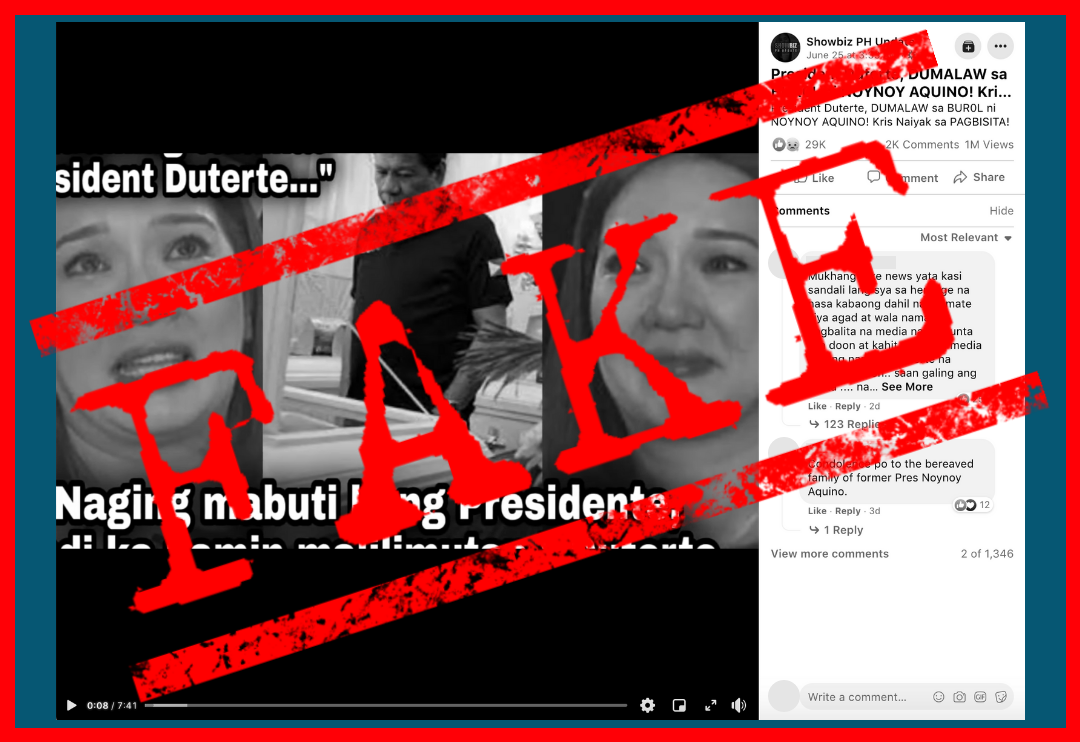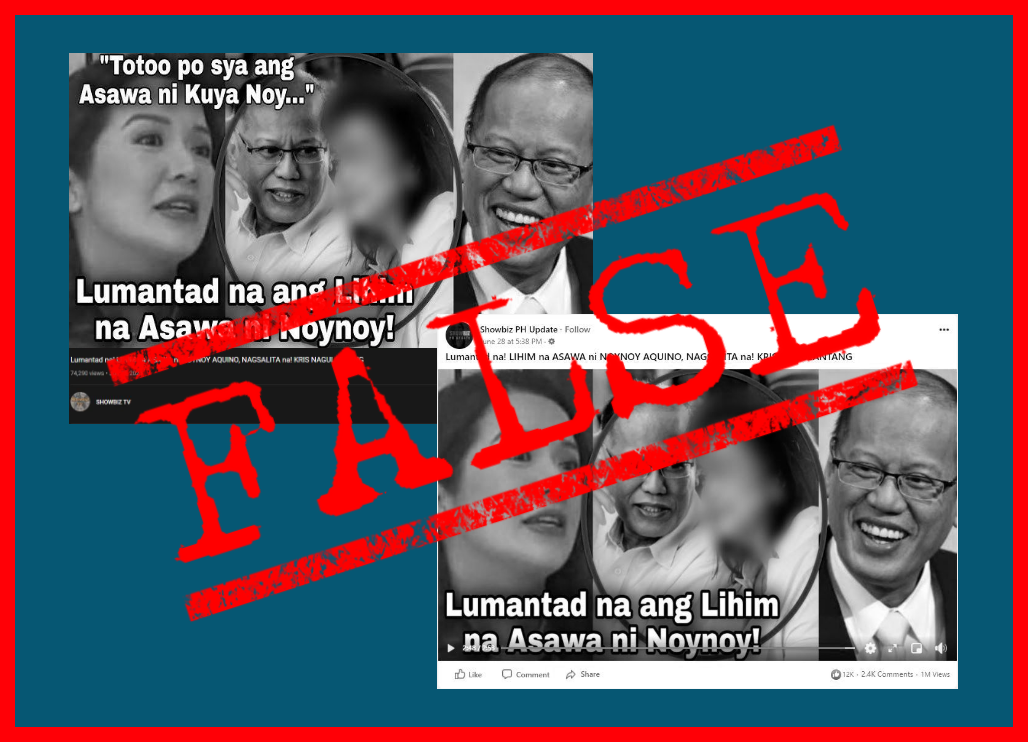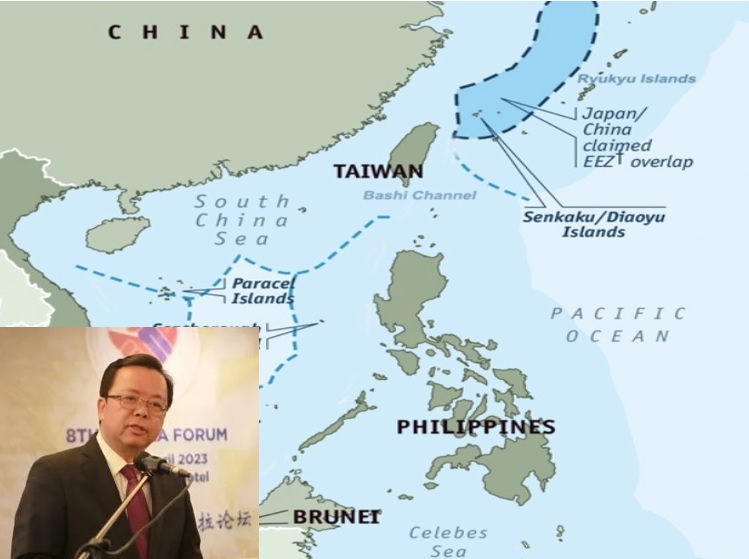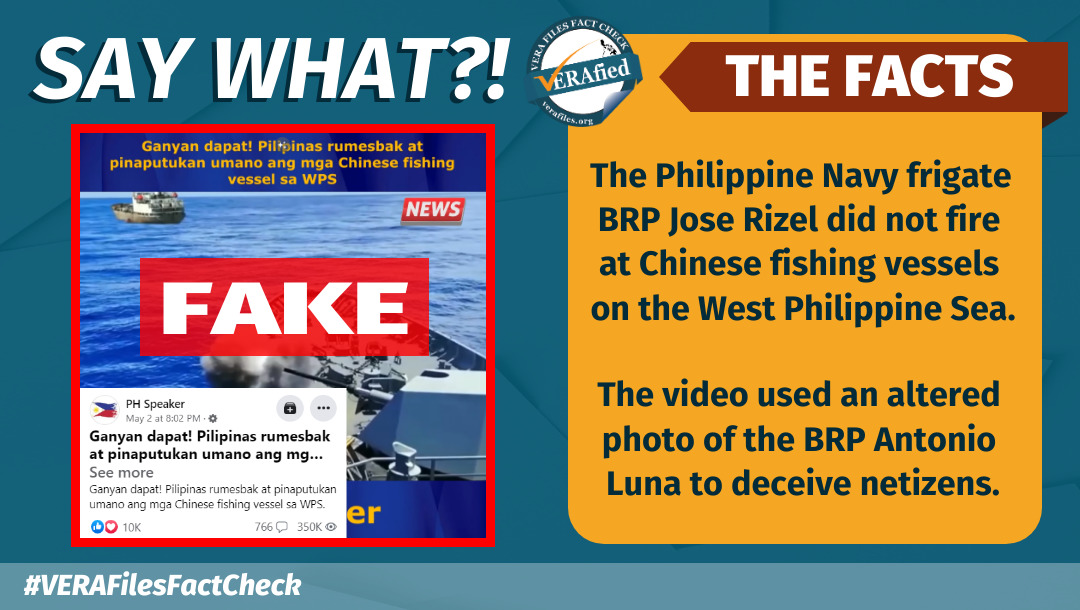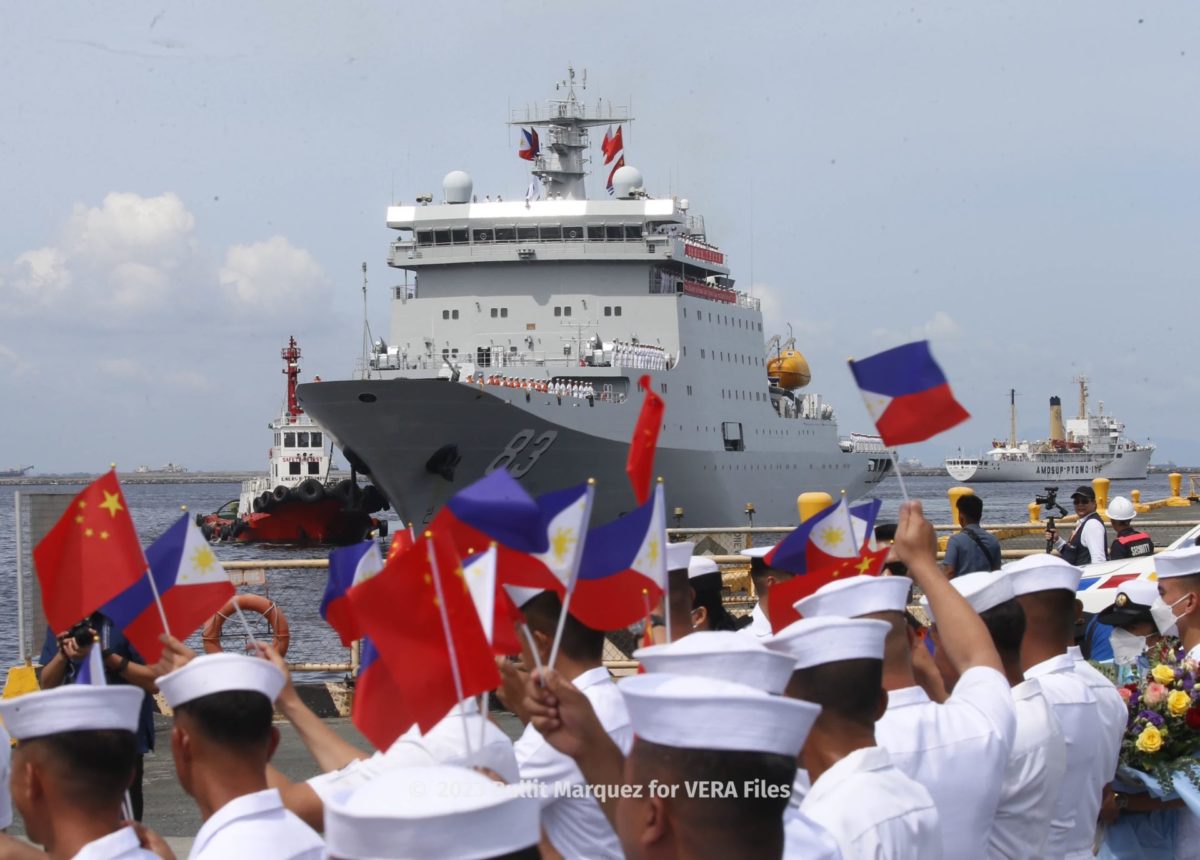By VERA FILES
THE newly signed Enhanced Defense Cooperation Agreement (EDCA) with the U.S. will not help the Philippines if China decides to be more aggressive in asserting its claim on the West Philippine Sea, an international law expert said.
Lawyer Harry Roque, director of the University of the Philippines Law Center’s Institute for International Legal Studies, said U.S. President Barack Obama made no commitment to defend the Philippines if conflict with China arose.
“There is nothing in it for us, it is a one-sided agreement. We will file a case in court to question it,” Roque said of the EDCA.
The agreement, signed by Defense Secretary Voltaire Gazmin and U.S. Ambassador Philip Goldberg on April 28, hoursbefore Obama’s arrival Monday afternoon, allows the entry of US military troops for exercises, humanitarian assistance and disaster relief cooperation as stated in the PH-US Visiting Forces Agreement (VFA).
It is envisioned to advance the implementation of the Mutual Defense Treaty (MDT).
Under the MDT, if either country is attacked in its metropolitan area or in islands under its jurisdiction, the other signatory country will come to its aid.
However, the U.S. does not acknowledge the Philippines’ claim to the Spratly group of islands, which is being claimed wholly by China and in part by five other countries, including the Philippines.
“The MDT is inapplicable to the Spratlys,” Roque said.
Roque also criticized the signing of the EDCA without Senate concurrence. Roque said that all treaties entered by the Philippine government must undergo Senate concurrence to ensure that the agreement “be pursuant to national interest.”
Sen. Miriam Defensor Santiago on Monday also said the signing of the EDCA came as an “unfair surprise.” She said the Senate shares the treaty-making power with the president.
Other senators, however, have said the EDCA does not require Senate concurrence because it is not a treaty but an implementing guideline of the MDT and VFA.
Santiago also objected to the fact that “the MDT provides that the United States will come to the aid of the Philippines only after the issues have been passed through U.S. constitutional processes, meaning that it is subject to open-ended debate in the U.S. Congress.”
But the goal of the agreement, Obama said in Monday’s joint press conference with President Benigno Aquino III, is not just for the Philippines to deal with issues of maritime security but also to enhance its capability to respond during national disasters.
Roque said international agreements are not necessary for other countries to provide humanitarian relief during disasters. He cited that even China lent a hospital ship when supertyphoon “Yolanda” struck Visayas in November.
“If there are other threats that may arise, we are able to work in a cooperative fashion,” Obama said.
“Our primary interest is the peaceful resolution of conflict freedom of navigation that allows for continued progress and prosperity,” he added, pointing out that U.S.do not take specific positions on the disputes between nations.
Obama said the U.S. would be able to work with China at some point.
“We have a constructive relationship with China. Our goal is not to counter China; our goal is not to contain China. Our goal is to make sure international rules and norms are respected, and that includes in the area on maritime disputes,” he said.
He also said the EDCA does not specify the reestablishment of U.S. military bases in the Philippines.
“The United States is not trying to reclaim old bases or build new bases. At the invitation of the Philippines, American service members will rotate through Filipino facilities so that we are prepared for humanitarian crises, natural disasters,” Obama said.
The Scrap VFA Movement Philippines, an alliance of progressive groups, also opposed the signing of the EDCA.
In a press statement, Virginia Pinlac, secretary general of Kilusan para sa Pambansang Demokrasya, said the EDCA “will be utilized by the U.S. as a binding instrument for waging senseless wars in the region.”
The group called for the demilitarization of Asia.
“To achieve enduring peace in the region, Asia must be demilitarized; its maritime waters assigned mainly for commerce,” Pinlac said.
Obama was in the country for a two-day state visit which concluded his weeklong Asian tour.
